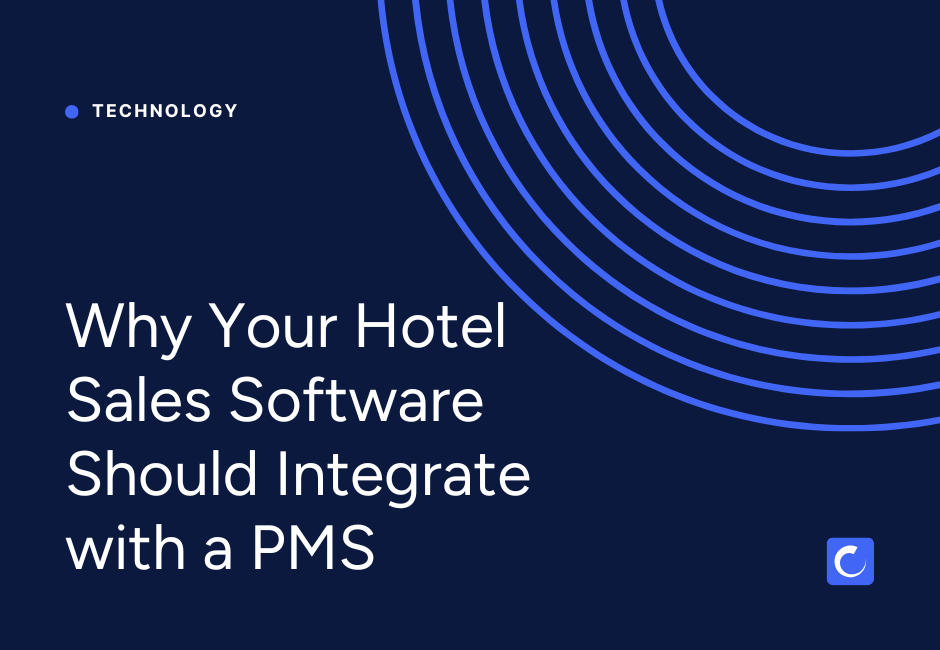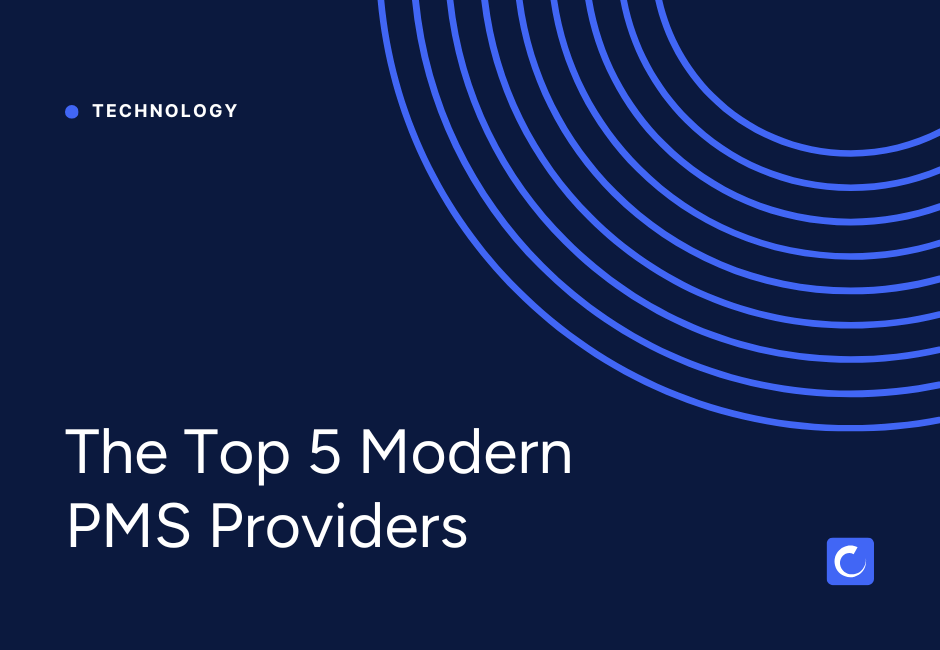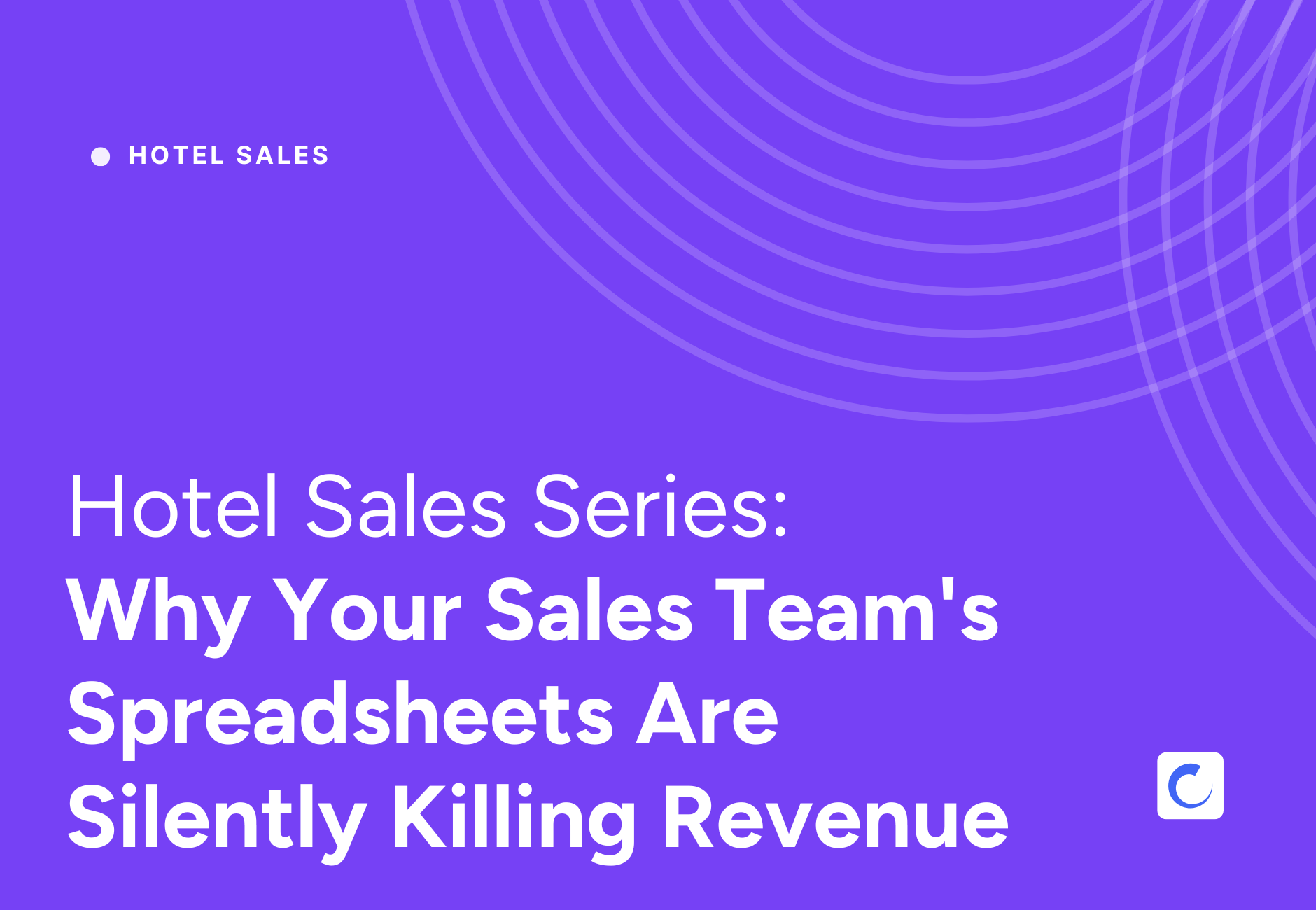
What is the ADR for your hotel and why does it matter?
As a hotelier, your Average Daily Rate (ADR) is one of the many great key performance indicators you can use that will give you a snapshot to your hotel’s performance. It is essential to know what your ADR is, what context it plays in your hotel’s overall performance, and what to do to improve it.
What is an ADR and how is it calculated?
An ADR (Average Daily Rate) is the average rental income brought in by a paid and occupied room during a specific time period. The hospitality industry uses this metric to determine the operating performance of a property.
This is how you calculate your hotel’s ADR:
Average Daily Rate = Room Revenue Earned/ Number of Rooms Sold
Why is ADR important to my hotel?
ADR will give you a good start to understanding your hotel’s overall performance but it is important to note that ADR alone will not give you the most accurate picture. ADR is typically calculated alongside occupancy rate. Occupancy rate is the ratio of occupied rooms versus total available rooms.
When the hotel's ADR and occupancy rate are combined, it will give you ‘revenue per available room’ or RevPAR. When you multiply your ADR with your occupancy rate, you will get your RevPar. These 3 key performance indicators work with each other to give you the data to know where your hotel is standing in relation to your competitors.
Now that you know where you stand, we’re going to show you how to improve it.
5 Effective Sales Strategies to Improve your ADR
To improve your ADR, you need to increase revenue earned from each room or increase the number of rooms sold over a given period - or better yet, both! We talked to prominent industry leaders in the hospitality industry to get you 7 proven and effective hotel sales strategies to improve your hotel’s ADR.
1. Find the right balance between your groups and transient business.
Ryan King is currently the Director of Global Strategy at StayNTouch, managing their partner relations. Ryan is a former hotelier himself, with almost 20 years of experience that has spanned just about every department throughout the course of his hotel career. According to King, finding a balance between corporate groups and transient business is essential to the success of a hotel’s sales strategy. However, it gets tricky when talking about group business because people often think “the more groups I can book, the more nights and revenue we’re earning”. So that equates to higher volume = higher discount. But say that group was only ever present during huge sold out nights during the year or during times of high traffic. You will have displaced the transient business you could have sold for your ADR or higher, with a discounted corporate rate per night from that group, thus bringing down your hotel's ADR.
This is where your Director of Sales and Revenue Manager have to collaborate to find the right balance of corporate and group business for your hotel’s long term sales strategy. If you can nail this one, your ADR will increase and sustain in the long term.
2. Create an effective loyalty program
Jos Schaap is no stranger to Hospitality. He was the founder of StayNTouch in 2012 with the vision of re-inventing the hotel PMS technology. StayNTouch grew to serve more than 90,000 hotel rooms around the globe. The company was successfully sold to the Shiji Group in September 2018. Prior to StayNTouch, he spent 18 years at MICROS Systems Inc. (now Oracle Hospitality), as a Senior Vice President. He shares his opinion how hotels nowadays can create effective loyalty to increase customer retention. Increased customer retention means more rooms sold, thus increasing your hotel's ADR.
Loyalty programs have changed significantly over the past decade and are not like your grandfather’s type of loyalty program of the past. In the old days, hotel guests had to spend a significant amount of money over a significant amount of time to be regarded as a tiered member. They were then able to enjoy the perks of being recognized on a first name basis as soon as they entered the hotel. Because these were such great expenditures, this loyalty was passed down generations.
However, consumers purchasing habits nowadays have evolved. Many young travelers are looking for something different. Schaap tells us about a time he stayed at a new chain abroad. They have a membership program which basically encourages you that if you stay there, you get a 10% discount. If you log in and book through the membership program, you get a free drink. So that's not necessarily a loyalty program traditionally but those little things are nice. If you refer your friends, you get a discount for your next stay etc. When you’re on their mailing list, you’re not just getting promotions, you’ve essentially joined a community, they share events and current happenings if you want to join, regardless if you’re a guest or not. Check-in experience usually is with the host rather than with somebody at the front desk. He goes on to explain “Don’t get me wrong, I like staying in Marriott Courtyard but it's always the same because it's the same everywhere and you know what you get.”
Loyalty nowadays is an interesting subject because it means something different now to consumers. Figuring that out and what that means to your hotel will let you seize an opportunity and create a different kind of loyalty for your brand.

3. Build your brand reputation online
Rupesh Patel is the President and Chief Operating Officer at Zenique Hotels where he has been trusted to oversee the portfolio's operations as well as the company’s acquisitions and developments. As a hotelier himself, he has an interesting story to tell about his experience with how he got his hotel ranking number one on TripAdvisor.
Patel explains that they had purchased a hotel and it was run very poorly so there was a lot of opportunity there, but it was a pretty crummy product. They did a massive gut job renovation on the property, which is only half the battle. Now they had the nice, new, beautiful hotel but then we really pushed customer service. We had really good staff that were really engaged and just provided that phenomenal service. Since we were a new ownership group, and underwent a renovation, we were able to get all the previous, free, reviews on TripAdvisor removed. So we started with a clean slate and all the reviews we were getting were all five stars. So we climbed up pretty quick to number one. TripAdvisor factors in the number of reviews you have, the frequency of reviews, how much you manage the page, and all those things are common practices that we have as a company. They do have an algorithm that keeps track of that on how engaged you are with the platform, how quickly are you responding to your reviews, are your reviews short and just saying thank you for the review or are they more in-depth and talking about things that are in the review itself, not generic answers, but more personal responses. So that's kind of how we climbed up to the top. Those that are at the top you know they're doing something really well and they're doing it consistently.
Having an advantage like being a top ranking hotel on customer based review sites will give your hotel huge exposure and will increase your hotel’s performance in creating the demand. Increase in demand means higher rooms booked and that increases your hotel's ADR.
4. Leverage your PMS
Chances are, your hotel is using a property management system to manage their business by coordinating reservations, online booking availability, payments, and reporting. This system is a wealth of data that you can mine to give you information on who's come in, how often they've been and you can be reaching out to the people that are here on a regular basis and find out more about them.
King shares a story with us about a Director of Business Travel that he previously worked with and her brilliant use of the PMS. She had a really good relationship with the front desk staff because she knew that that was also part of what's going to help her and she would get these transient guests that came in and the front desk would collect business cards. She would get these business cards and she would put them in an Excel spreadsheet and she would start watching when these people would show up again. As she saw somebody come in more than four times in a row, she would reach out to them and start building a relationship. On one of these accounts, she ended up finding an account that was doing a project for a business that was nearby. Long story short, she took this single reservation person and at the end of the year, they had produced over 500 rooms with the hotel with an ADR that was significantly higher than the average.
5. Go that extra mile
According to King, it’s important to get noticed and find something unique for you that nobody else is doing. When customers are prospecting different hotels for their corporate agreement, they’re definitely looking at a few and you want to make sure you’re the one that’s chosen. This will mean guaranteed business over a period in time, and the way you differentiate yourself increases the value of your hotel that your customer perceives. King was apart of an re-opening of an independent hotel that had a major refit of an older building For every meeting planner that came in, we had this little customized meeting planner kit and they had all these things and we gave that to them while they were on the premise and then we shipped it to their office while they were done. He explains that it was a little cost to start out with but the reaction that he and his team got from it and how many repeat clients got was well worth it.
Knowing what your ADR is and what that means for your hotel is essential in understanding where you stand in terms of sales and your competitors. It is only one the many important key performance indicators to understand in your hotel but is a great starting point. Having an accurate picture of where you are will help you and your team develop a long-term sales strategy to increase your ADR. Ultimately, if ADR at your hotel increases, then so does your net sales in the long-run.



